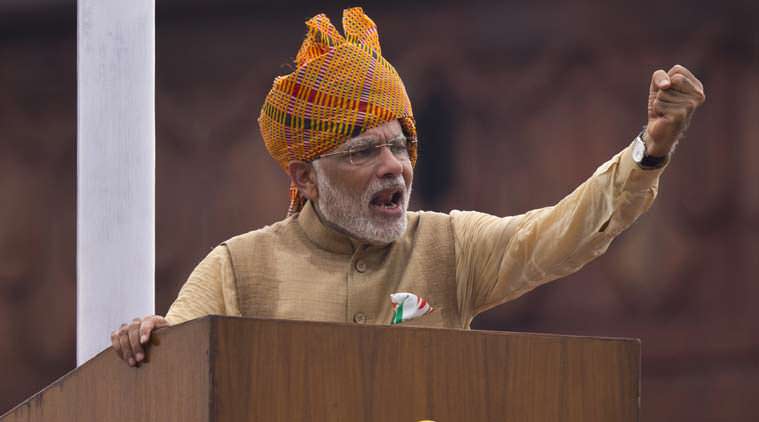Startup & Entrepreneurship
Startups expecting major tax exemptions from the Jan 16 announcement
The country is waiting impatiently for the January 16 start-up vision to be shared by the Prime Minister Narendra Modi. There are rumours of many measures under the warps to boost up the startup sector. It is also expected to release the existing tax tension, so that startups can work with minimum hassles.
The first among the many measures that the announcement is expected to bring about taxes. Start-ups are expecting exemption from service tax for the first three years (this is applicable only for Internet and mobile content service providers). The sector is also expecting further exemption from VAT for ecommerce firms setting up base in different states. This is also in lieu of the service tax these startups are required to pay.
Many media reports are doing the rounds on the expected tax exemptions and change in the tax structure. Under the scanner is the Exemption under Section 56 (2) of the Income Tax Act or Angel Tax. It is necessary to ease the support for startups by giving tax breaks for individuals interested in investment in the Indian startup story. This Act also puts the startups under the Income tax scanner, leading to further scrutiny of its valuation by domestic standards.
The marketplace model of e-commerce firms should be more recognised, and hence, there is also a demand to exempt the VAT model for e-commerce firms. This will help them penetrate further and employ more people.
In a recent statement, industry body Nasscom said that there is an urgent need to remove angel tax that serves to tax the capital receipts, when the availability of financing from recognised sources such as banks and venture capital funds is unavailable and angel funds is the only available source.
Startups are also demanding an exemption from capital gains tax, under which ‘income from sale of equity of a start-up’ is avoidable. The proceeds are further invested in another startup. This proposal can be considered for serial entrepreneurs who want to invest in more than one startup.
The TDS threshold level is also low, and this turn, increases the financial burden on startups. There is a need to restructure the TDS compliance to enable a private limited company with further financial ease of doing business. Similarly, expenses incurred by start-ups on skills training should also invite an enhanced tax deduction structure as this is in sync with Skill India focus of the government.
Going forward, the startup companies are also demanding a differential tax rates for startups—a different income tax slab. Also, relief of exemption from service tax for first three years is on the demand charter.
The bottom-line is that the industry is expecting a whole new way of dealing with tax issues related to the startup ecosystem. Right from a dedicated tax expert in the revenue department to revised income tax slab, everything is expected to be discussed.







































